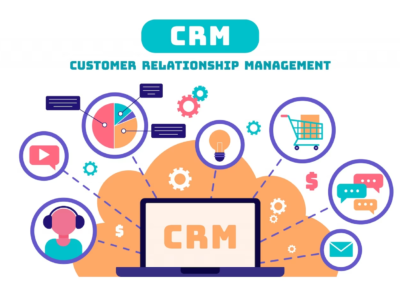
Can banks really avoid digital banking fraud
Every financial institution must defend itself against sophisticated, constantly evolving fraud attempts while maintaining the main benefit of becoming digital: a smooth, efficient client experience. In this post, we’ll examine practical strategies for detecting and preventing digital banking fraud in five ways.
Recognize internal fraud

Therefore, if you want to successfully combat fraud, start by interviewing and auditing the staff of your business.
It’s possible that some of your ostensibly “trusted” staff are selling client account information on the dark web. Given that insiders are allegedly responsible for 70% of digital banking fraud, it is clearer than ever that keeping an eye on internal fraud should be a major concern.
Inform Your Clients

A certain approach to lower fraud risks like ATOs is to educate clients about the dangers they face, what to watch out for, and safe transaction advice. Additionally, this tactic increases client confidence in your bank.
For instance, in the first few months of 2022, Monzo launched an online campaign to alert clients of takeover efforts. Additionally, this assisted the UK-based online bank in gaining some good press after unfavorable news coverage a few months previously.
Make sure to distribute a press release if you want to educate your consumers. The news may be covered by mainstream media, resulting in free PR, increased visibility, and increased trust for your digital banking fraud.
Giải pháp của SmartOSC Fintech BACKBASE DIGITAL BANKING, BUY NOW PAY LATER, LOS, CDP, EKYC, DIGITAL ONBOARDING
Monitor the transactions

Transaction monitoring is necessary in certain circumstances to stop money laundering and terrorist funding, and it involves reporting suspicious behavior when anything is off.
However, monitoring how users interact with a fintech or conventional institution’s website or mobile app may help not only prevent penalties and ensure compliance but also identify and look into possible digital banking fraud situations.
Take actions for real-time data enrichment

Real-time data enrichment, as the name would imply, adds aggregated supplementary data from other sources, including open-source databases, digital services, and social networks, to consumers’ KYC data.
As it provides you with more information to assist you make more educated risk choices, this is useful in the identification of fraud. Furthermore, it enables you to learn more about your consumers without having to request their personal information.
You can combat digital banking fraud as a consequence without compromising a seamless client experience. These alternative digital signals may even be used for credit scoring and underwriting since they can serve as trust anchors to identify unreliable individuals (as well as high-value customers).
Learning Machines

While it is possible for fraudsters to try to submit false information during the KYC verification process, machine learning algorithms and strong risk scores may assist to discover them.
However, there is also a whitebox algorithm operating in the background that learns and re-learns as the platform is utilized, coming up with entirely original rule ideas to reduce digital banking fraud.
Statistical analysis is a key component in detecting banking fraud. Simply said, it involves collecting as much data as you can and applying computers to identify trends connected to risk.
By preventing digital banking fraud, banks that use them should anticipate reduced percentages of false positives, lower losses from fraud, enhanced customer service, and less time lost on compliance. In this article, SmartOSC showed you 5 effective ways to reduce digital banking frauds, for more information please contact SmartOSC.


